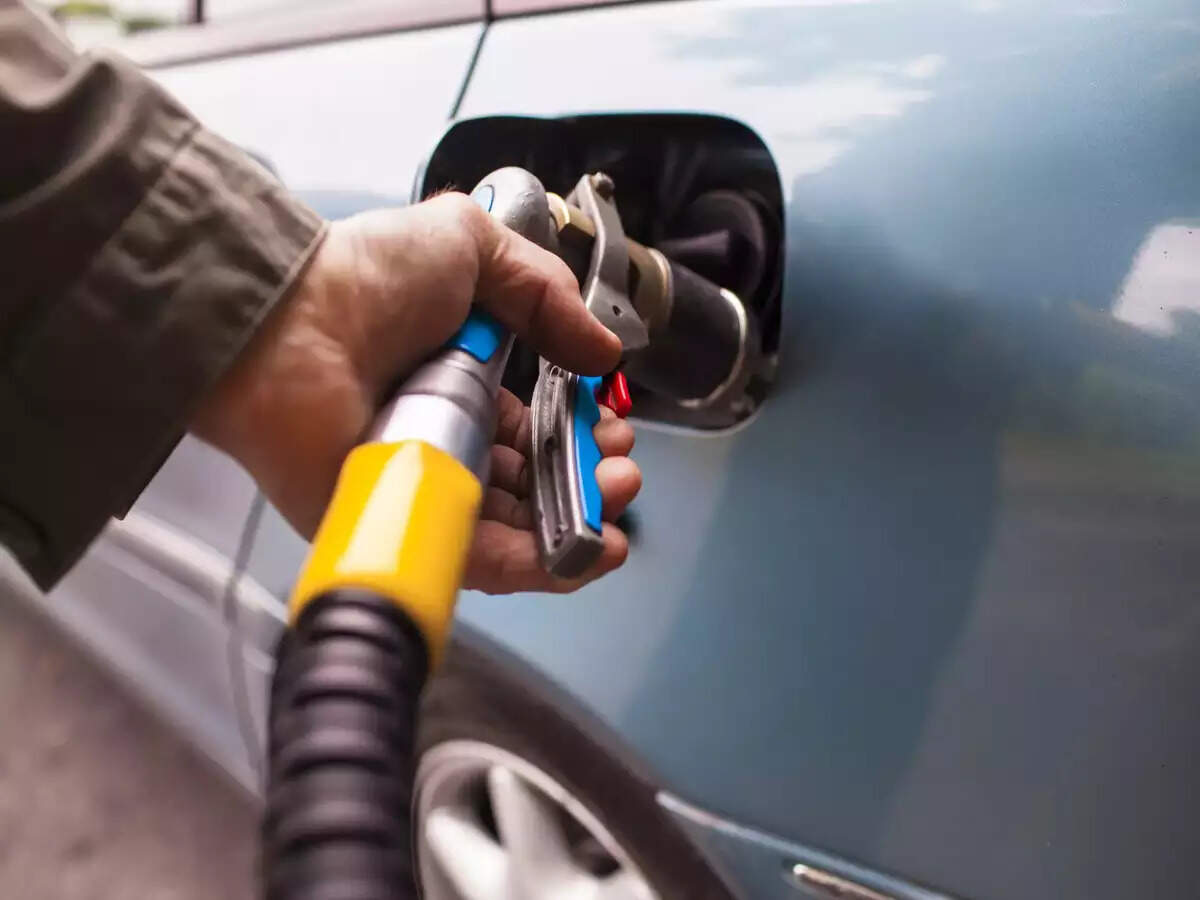
New Delhi: Andhra Pradesh’s recent reduction of VAT on Natural Gas from 24.5% to 5% has resulted in a major decrease in CNG prices, which is expected to impact other clean automotive fuels like Auto LPG. Following this, the Indian Auto LPG Coalition (IAC), representing the auto LPG industry in India, has called upon the Central
Government to level the playing field by reducing tax on Auto LPG from 18% to 5% GST, aiming to ensure a fair and competitive market environment.
Suyash Gupta, Director General, Indian Auto LPG Coalition, said, “Approximately 330 million vehicles in the country operate on environmentally harmful liquid fuels. Auto LPG presents a compelling alternative to traditional gasoline and diesel fuels, offering a combination of environmental, economic, and operational benefits for vehicle owners and society as a whole.”
While IAC is advocating for tax reduction on Auto LPG, it also commends The Ministry of Road Transport and Highways’ (MoRTH) recently proposed amendments to the Central Motor Vehicles Rules (CMVR) to streamline and prolong the regulations concerning vehicles retrofitted with Liquefied Petroleum Gas (LPG) kits.
The proposed amendment offers relief by extending the validity of type approvals from three to six years. Nevertheless, vehicles will be required to undergo supplementary performance tests to qualify for this extension.
“This is a significant relief as the validity of type approvals has been extended. Industry expresses its gratitude to the Government of India and MoRTH for engaging with us,” Gupta added.
As the world collectively seeks solutions to the challenges posed by conventional fuels, Auto LPG emerges as an alternative and a catalyst for positive change.
Its numerous benefits bear testimony to its effectiveness:
Environmental benefits: Auto LPG emits significantly fewer pollutants than the conventional gasoline and diesel, resulting in lower levels of harmful emissions such as carbon monoxide (CO), nitrogen oxides (NOx), particulate matter (PM), and hydrocarbons (HC). This contributes to improving air quality and reducing the overall environmental impact of transportation.
Cost savings: Auto LPG typically costs less than gasoline and diesel, offering potential savings for vehicle owners. Additionally, due to its cleaner combustion properties, engines running on Auto LPG may require less frequent maintenance, leading to further cost savings over time.
Versatility: Auto LPG can be used in a wide range of vehicles, including cars, taxis and two- wheelers. It can be easily integrated into existing gasoline engines with minimal modifications, making it a versatile alternative fuel option.
Contribution to Sustainable Development Goals: By reducing emissions and improving air quality, the widespread adoption of Auto LPG can contribute to achieving sustainable development goals related to health, environmental protection, and climate action.
Needless to mention, Auto LPG aligns seamlessly with global efforts to combat the escalating climate crisis and aid in a net zero future. By extending supportive measures to automotive LPG, like reducing GST on conversion kits and the fuel itself, alongside ensuring enduring standards in type approval norms for conversion kits, the government can substantially advance its goal of fostering cleaner mobility.

